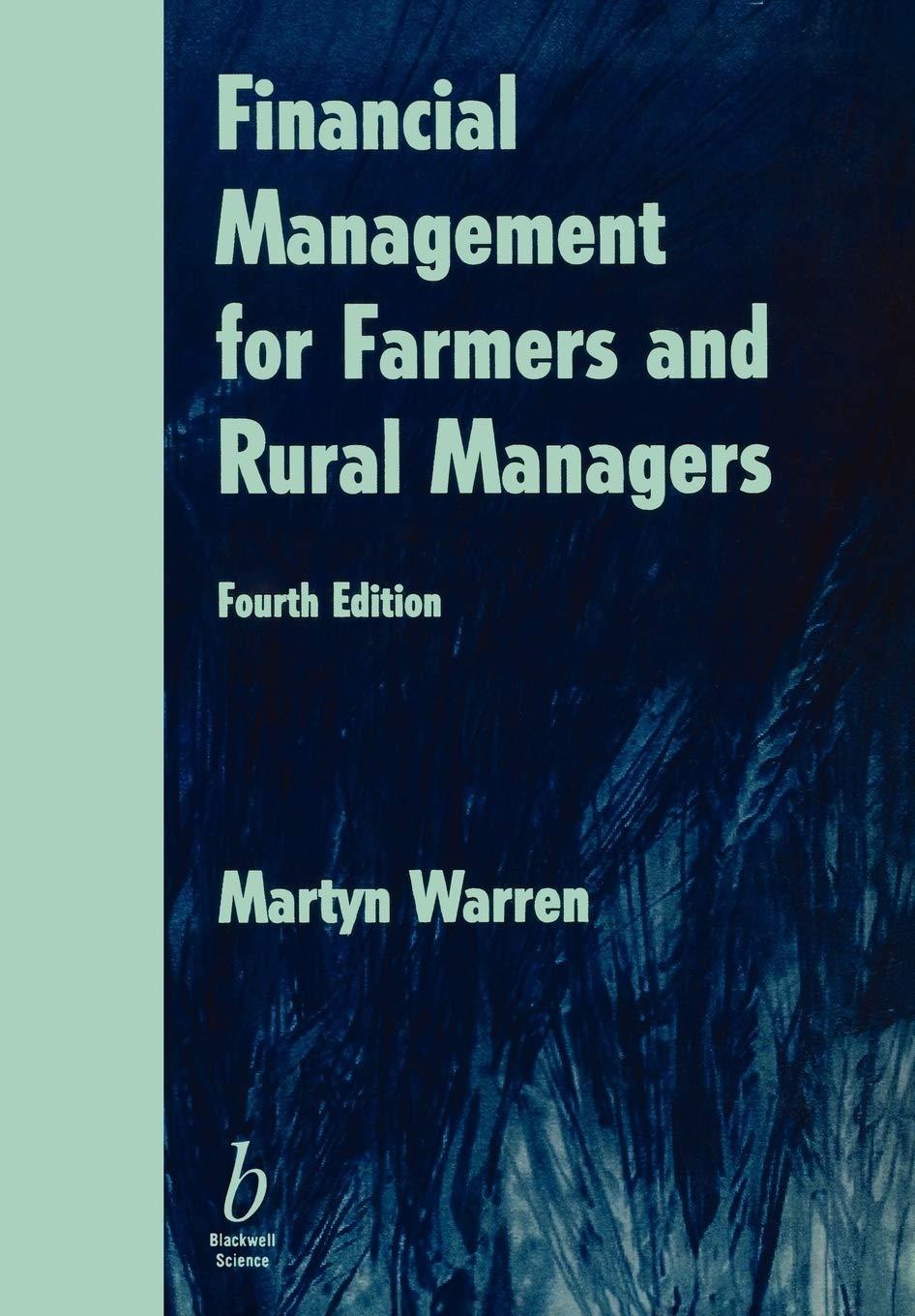Question
You are trying to decide how much to save for retirement. Assume you plan to save $5,000 per year with the first investment made one
You are trying to decide how much to save for retirement. Assume you plan to save
$5,000
per year with the first investment made one year from now. You think you can earn
10.0%
per year on your investments and you plan to retire in
43
years, immediately after making your last
$5,000
investment.
a. How much will you have in your retirement account on the day you retire?
b. If, instead of investing
$5,000
per year, you wanted to make one lump-sum investment today for your retirement that will result in the same retirement saving, how much would that lump sum need to be?c. If you hope to live for
20
years in retirement, how much can you withdraw every year in retirement (starting one year after retirement) so that you will just exhaust your savings with the
20th
withdrawal (assume your savings will continue to earn
10.0%
in retirement)?d. If, instead, you decide to withdraw
$300,000
per year in retirement (again with the first withdrawal one year after retiring), how many years will it take until you exhaust your savings? (Use trial-and-error, a financial calculator: solve for "N", or Excel: function NPER)e. Assuming the most you can afford to save is
$1,000
per year, but you want to retire with
$1,000,000
in your investment account, how high of a return do you need to earn on your investments? (Use trial-and-error, a financial calculator: solve for the interest rate, or Excel: function RATE)
a. How much will you have in your retirement account on the day you retire?
The amount in the retirement account in
43
years would be
$enter your response here.
(Round to the nearest cent.)b. If, instead of investing
$5,000
per year, you wanted to make one lump-sum investment today for your retirement that will result in the same retirement saving, how much would that lump sum need to be?You will need to make one lump sum investment today of
$enter your response here.
(Round to the nearest cent.)c. If you hope to live for
20
years in retirement, how much can you withdraw every year in retirement (starting one year after retirement) so that you will just exhaust your savings with the
20th
withdrawal (assume your savings will continue to earn
10.0%
in retirement)?The amount you can withdraw every year in retirement is
$enter your response here.
(Round to the nearest cent.)d. If, instead, you decide to withdraw
$300,000
per year in retirement (again with the first withdrawal one year after retiring), how many years will it take until you exhaust your savings? (Use trial-and-error, a financial calculator: solve for "N", or Excel: function NPER)You will exhaust your savings in
enter your response here
years.(Round to two decimal places.) e. Assuming the most you can afford to save is
$1,000
per year, but you want to retire with
$1,000,000
in your investment account, how high of a return do you need to earn on your investments? (Use trial-and-error, a financial calculator: solve for the interest rate, or Excel: function RATE)You will need a return of
enter your response here%.
(Round to two decimal places.)
Step by Step Solution
There are 3 Steps involved in it
Step: 1

Get Instant Access to Expert-Tailored Solutions
See step-by-step solutions with expert insights and AI powered tools for academic success
Step: 2

Step: 3

Ace Your Homework with AI
Get the answers you need in no time with our AI-driven, step-by-step assistance
Get Started


